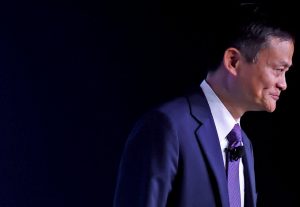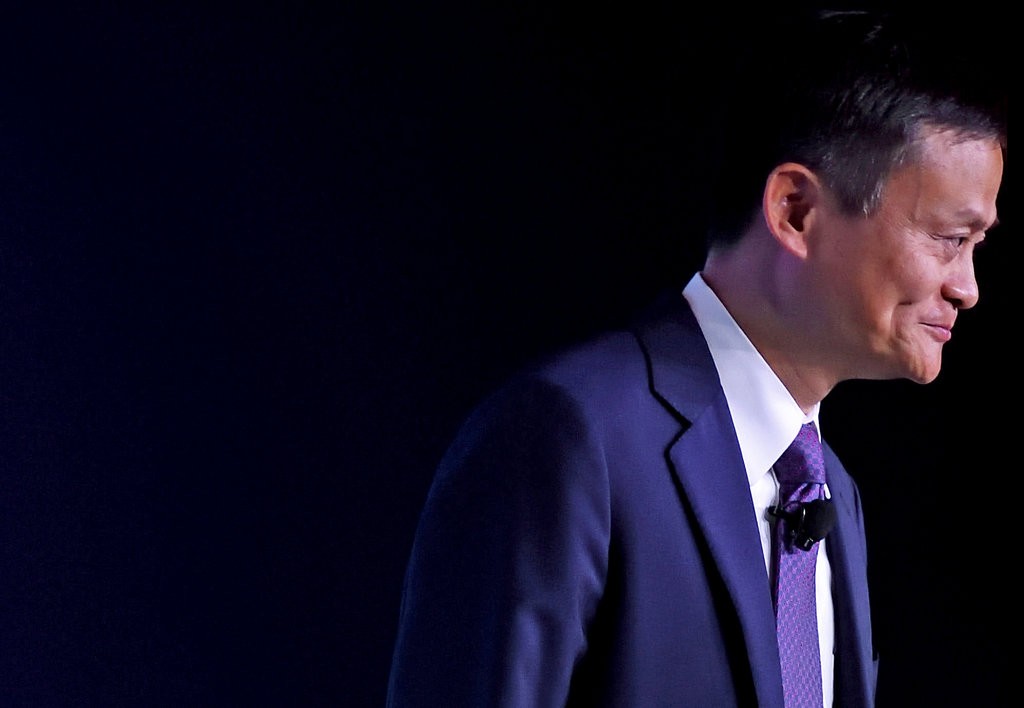Earlier this month, Jack Ma announced that he was stepping down as executive chairman of Alibaba Group Holding Ltd, the world’s largest e-commerce company. His decision caught many by surprise. At an economic forum in Russia, President Vladimir V. Putin reportedly asked him, “You are still so young. Why are you retiring?”
Maybe Mr. Ma, 54, knows something that Mr. Putin does not. Two of the three forces, globalization, and marketization, that have propelled Alibaba to its current $500 billion valuations are dissipating. The third force, technology, is mired in the trade war between China and the United States, and its prospects in China are now uncertain.
Alibaba didn’t just transform e-commerce in China; it transformed the entire economy by helping build up the private sector. Mr. Ma’s departure from the company now — though he claims to have been

planning it for a while — adds to a gathering sense that China’s private sector, the engine of the economy, is losing steam — and faith.
Alibaba is China’s globalization story par excellence. Founded in 1999, the company created a website that allowed people outside China to buy directly from Chinese exporters. At that time, China was opening up but foreign buyers were hampered by their lack of knowledge of Chinese suppliers. Alibaba set up a program called TrustPass, allowing third parties to verify the quality and trustworthiness of Chinese suppliers. This system enabled foreign buyers to bypass the slow and often bureaucratic state-owned intermediaries that typically performed verification, and it eased Chinese companies’ access to the global marketplace.


